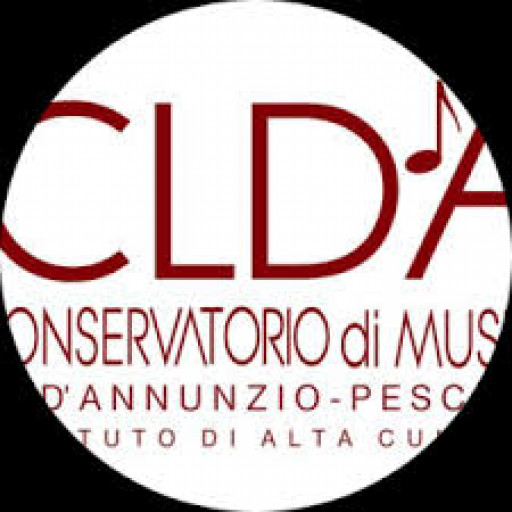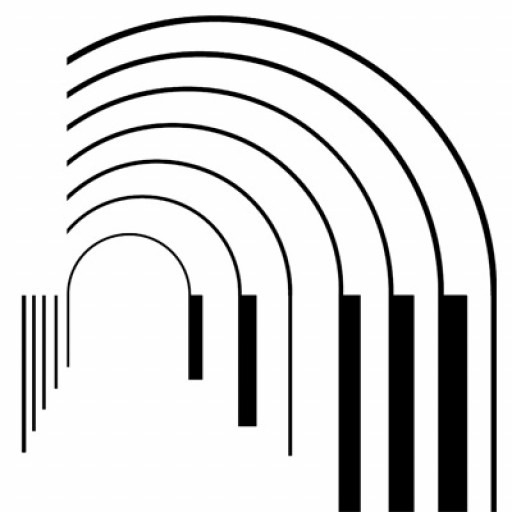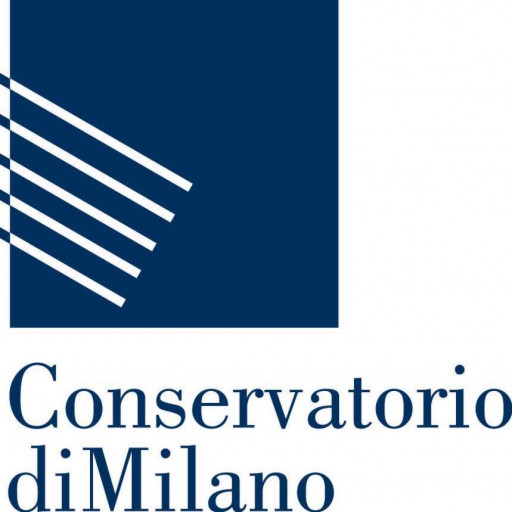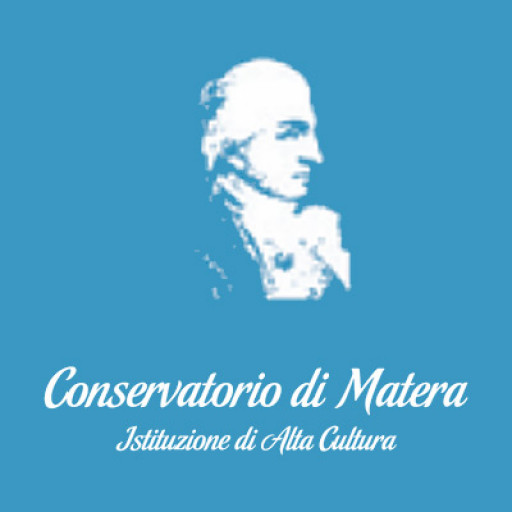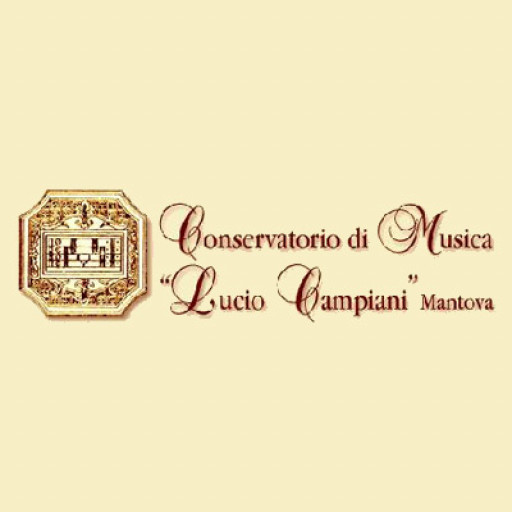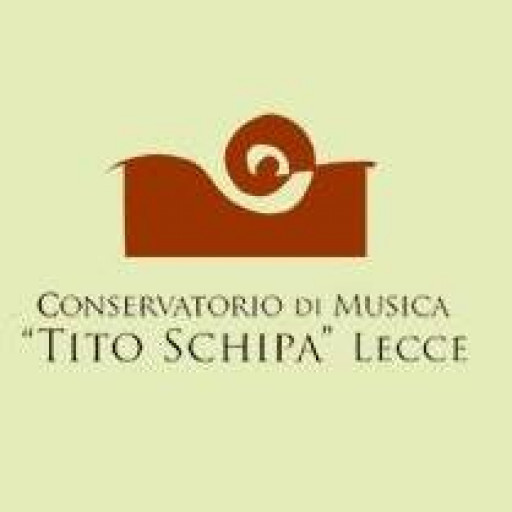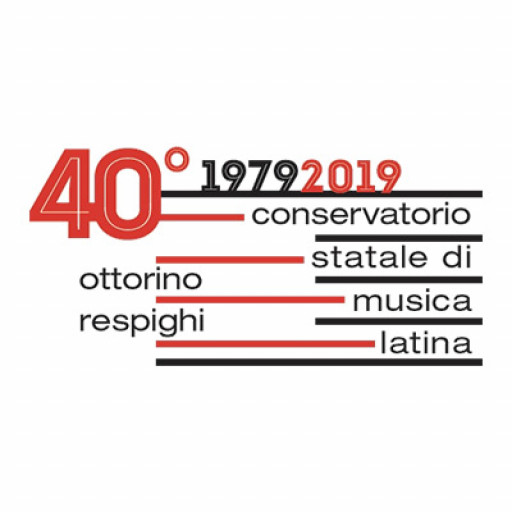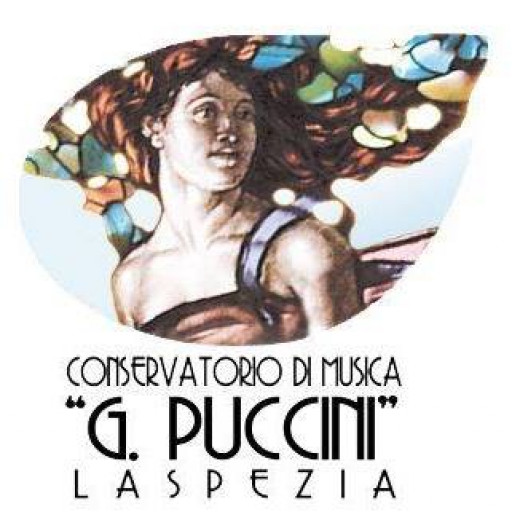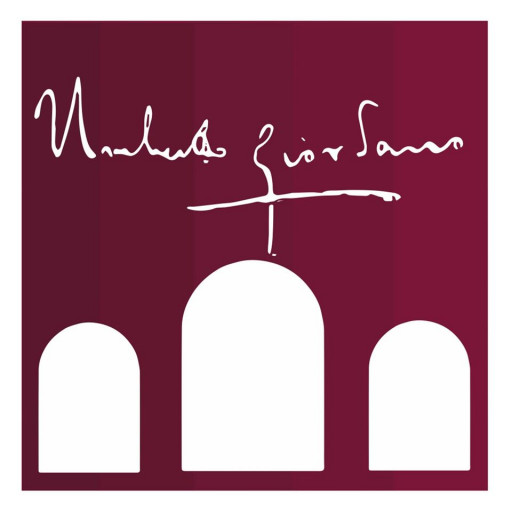Photos of university
Sacred Music at the University of Notre Dame offers a comprehensive and immersive educational experience for students passionate about the art of church music, liturgy, and sacred arts. This program is designed to prepare students for professional careers in church music ministry, including roles such as choir director, organist, cantor, and music director, as well as for advanced studies in related fields. Students engage in a wide range of courses covering music theory, history, liturgical studies, vocal and instrumental performance, composition, and organ performance, all tailored to deepen their understanding of sacred music tradition and its role within religious settings.
The program emphasizes practical application alongside scholarly study, providing students with opportunities to participate in university choir ensembles, liturgical services, and community outreach projects. Through hands-on experience, students learn the skills needed to lead congregational singing, direct choirs, and support liturgical celebrations with musical excellence. The curriculum is designed to cultivate skills in improvisation, accompaniment, and repertoire development, preparing graduates to serve effectively in diverse worship environments. Additionally, students benefit from mentorship by experienced faculty members who are accomplished musicians and scholars committed to fostering spiritual and artistic growth.
Notre Dame’s Sacred Music program also includes specialized courses on the history and theology of liturgy, ensuring that students understand the spiritual and cultural significance of music within Catholic worship. The program encourages the study of Gregorian chant, polyphony, hymns, and contemporary sacred music styles, fostering versatility and adaptability in students' musical careers. Students have access to state-of-the-art facilities, including the Basilica of the Sacred Heart, where they can practice and perform regularly in a historically significant setting. The university’s strong connections with local churches and religious communities provide additional programs for internships and collaborative performances.
Graduates of the Sacred Music program are well-equipped to serve in a variety of religious and community settings, contributing to the spiritual life through music and leadership. They also stand prepared for advanced academic pursuits, including graduate studies in sacred music, theology, or related disciplines. The program’s mission is to equip students with the artistic, liturgical, and spiritual skills necessary to enrich the worship experience and inspire faith through music. Joining the Sacred Music program at Notre Dame means becoming part of a vibrant tradition committed to excellence, faith, and the transformative power of music in sacred life.
The Master of Sacred Music (M.S.M.) degree is a two-year program, with the possibility for summer study. Students must complete 48-credit-hours at a minimum, although most students take more credits. To be full-time students, and eligible for the stipend and tuition fellowship, students must take a minimum of 9 hours in any given semester. Students apply in one of three concentrations: (1) Choral Conducting; (2) Organ Performance; or (3) Vocal Performance. Mastery of the chosen field is required, and students are encouraged to gain expertise in related secondary areas as well. The expectation is that every graduate will be a well-rounded church musician, possessing the requisite skills in playing, conducting, and singing necessary to shape and to lead music programs in the churches of most Christian denominations. Every student is offered the opportunities to become sophisticated in the uses of modern technology, which may include ways of using media in planning worship, and/or making short films and appealing websites to strengthen community and improve outreach. Another unique strength of our program is the emphasis on work with children's choirs, both through the internships and through training with the Notre Dame Children's Choir. About half of our student seek employment in the churches right after graduation, and about half go on for the DMA or PhD.
The MSM program is presently divided into three broad areas of study:
1) Academic Courses (24 credit hours)
- History, Theory & Analysis (12 credit hours minimum)
- Liturgy & Ritual Studies (12 credit hours minimum)
2) Practical Music, Repertory, & Performance (24 credits)
*each of the three concentrations has its own specific requirements
3) The Internship (no credit, but mandatory for the degree)
In addition, all students:
- perform one recital per year. In the first year, the Vocal and Conducting Students perform a joint recital.
- must attend the Colloquium series, which usually meets six times per academic year
- are assigned an internship and must work for around 13 hours per week in these positions.
The internship serves as on-the-job professional training and functions as part-time employment for the students.
Our Choirs:
The Repertory Choir and the Recital Choir are Required by all Conducting Concentrators. Many Voice Students have assistantships that include singing in these choirs as part of their internships.
The Notre Dame Repertory Choir is a vocal ensemble conducted by the choral conducting graduate students in the studio of Professor Carmen-Helena Tellez. The chorus explores masterpieces of the sacred music repertoire and the techniques for singing and conducting it. In the spring semester the choir also serves as an instrument for the joint recital of the first year conducting MSM students, and all singers must take part in the recital. The choir provides ample opportunities to sing a great variety of music with an accompanist at a high professional level. This choir meets twice a week.
The Notre Dame Recital Choir is a vocal ensemble conducted by graduate students in the Program in Sacred Music. It serves to prepare the recitals of advanced MSM and DMA students in the studio of Professor Carmen-Helena Tellez. It meets as a regularly scheduled ensemble for credit. Members of the choir take sophisticated repertories of music through to polished performances, several of which include professional collaborative artists. All choristers will need to take part in the dress rehearsals and concerts. There are three concerts per semester, and they typically take place on Sundays within the concert series of Sacred Music at Notre Dame. The choir meets twice a week on Friday with dress rehearsals on the Saturday before each of the three Sunday performances.
The Notre Dame Children's Choir is conducted by Dr. Mark Doerries, and serves as a laboratory choir for the training of graduate students in the Program in Sacred Music, and for training children in music. It is our major town/gown ensemble.
- A bachelor’s degree, BM, BS, BA or BME, in music.
- TOEFL or IELTS for non-native speakers of English no later than January 15
- Curriculum vitae
- Statement of intent
- Pre-screening audition materials; see below for more details
- Three letters of recommendation
- We will begin accepting pre-screening audition DVD/CD/web links on December 1 to Sacred Music Program, 248 Malloy Hall, Notre Dame IN 46556; phone: 574-631-1300 or emailed to sacredmusic@nd.edu. Please see below for repertory requirements established by the faculty.
-
Prospective students must complete the online graduate school application by December 1. When applying online, please complete the "Graduate School Degree Seeking" section. The Graduate Record Exam (GRE) is NOT required for MSM applicants.
-
Regarding the TOEFL score for those who need it: We will not be able to invite students to the live audition who have not submitted the TOEFL by January 15. All the rest of the application must be complete by December 1.
- Selected students will be invited to campus for interviews and audition on Sunday, February 12 and Monday, February 13, 2017; a small number of these will be admitted to the program. Please note that those applicants who are invited for auditions will be given a basic musicianship and piano sight-reading (4-part hymn) exam in addition to an audition in the concentration. There will be assistance with transportation and accomodations.
Guidelines for Pre-Screening Audition Materials
Prospective students must send a pre-screening audition DVD/CD/web links to the Sacred Music Program, 248 Malloy Hall, Notre Dame IN 46556; phone: 574-631-1300 or by email to sacredmusic@nd.edu.
- Organ concentration: a major work by J. S. Bach (a Prelude and Fugue; Concerto; Trio Sonata; Major Chorale Preludes from the Leipzig Chorales or the Clavierübung III) and two contrasting pieces of upper-division undergraduate repertoire.
- Choral Conducting concentration: The choral conducting pre-screening materials should consist of video recordings of both rehearsal and performance situations. A variety of repertoire style is recommended. The video recordings should be delivered in DVD format by mail, or as links to online postings on YouTube or a private website. For administrative reasons, online links are preferable.
- Voice concentration: Four selections taken from the art song repertory and arias from oratorios and/or operas; must include 3 languages other than English, at least one aria, and show contrasting styles. We prefer that the DVD/CD or web links be of a live performance in concert, but if this is not possible we will accept prepared performances for the recording.
Once the admissions committee has reviewed all of the application materials, successful applicants will be invited to a daylong visit to the campus of the University of Notre Dame for a live audition. There will be assistance with transportation and accommodations.
Here they will meet with the faculty and students, and proceed through the following audition activities:
- (For conductors only) Written diagnostic exam in music history and analysis. The applicants will answer general questions about Western European and American art and sacred music history, including identification of musical styles and formal analysis of musical excerpts.
- (For conductors only) Diagnostic exam in musical skills. The applicants will be asked to harmonize a simple melody at the piano, sightread an excerpt, take aural dictation and analyze elements in a score, such as instrumentation and formal procedures.
- (For conductors only) Rehearsing and conducting the Master Singers. Applicants will submit two choices of repertoire to be rehearsed and conducted for 10-15 minutes with the Master Singers. The faculty at Notre Dame will indicate if either or both pieces can be conducted.
- Interview. The applicants will meet with the faculty to discuss their background and their artistic and career goals.
- (For organists only) Audition in person with the organ faculty, playing previously agreed repertoire.
- (For singers only) Applied Musicianship Diagnostic Exam. The applicants will demonstrate their musicianship skills in sight-singing, and piano sight-reading (4-part Chorales on two staves).
- (For singers only) Audition in person with the voice faculty. 4-5 selections taken from the art song repertory and oratorio/opera arias; including at least one aria, four languages, and stylistic variety.
Scholarships
Every MSM student receives a full scholarship covering the cost of tuition. In addition, everyone working in an internship receives a stipend or salary in the neighborhood of $12,500 per year, for 13 hours of work per week. Usually, the student remains in the same placement over the entire course of study. Both the student and the mentor each receive a copy of the handbook “Supervision in the Internship” that spells out the procedures. The Field Supervisor Paul Walker will be in touch with all mentors to ensure that the internship is as enriching as possible. Any problems should be reported promptly to Professor Walker. It is to be noted that internships and their stipends are for the academic year only; work (and pay) begins on August 15 and ends on May 15.
In addition, starting in the 2015-2016 academic year, the University of Notre Dame will offer a full health subsidy for eligible graduate students. Eligible graduate students are those who are enrolled in the university plan, receive full tuition support and receive a stipend at or above the eligible threshold for the degree level ($12,500 for students in master’s programs). Students who are covered through a different plan will receive $200 that they may apply to that plan.
As stated in the Graduate School Academic Regulations: All degree-seeking students are expected to maintain full-time status and to devote full time to graduate study. Aside from their internships, no degree candidate may hold a job, on or off campus, without the express permission of his or her department and the Graduate School.
The Sacred Music program at the University of Notre Dame is a distinguished academic offering designed to cultivate students' expertise in the art and science of sacred music. Rooted in the university’s rich tradition of faith and artistry, the program aims to develop highly skilled musicians who are deeply committed to the liturgical and musical excellence essential for worship and religious ceremonies. Students enrolled in the program receive comprehensive training that encompasses historical, theoretical, and practical aspects of sacred music, preparing them for leadership roles within church communities, concert settings, and academic institutions.
The curriculum typically includes courses in Gregorian chant, hymns, choral music, organ performance, music theory, music history, and liturgical studies. Practical components feature intense organ and choral training, with students participating in multiple choir ensembles that perform regularly at religious services and university events. The program emphasizes the integration of faith and artistry, encouraging students to explore the theological and spiritual dimensions of sacred music. Faculty members are accomplished musicians and scholars in sacred music, often involved in church music ministries and academic research, providing students with mentorship and industry connections.
Students in the Sacred Music program are also offered opportunities for internships and collaborations with ecclesiastical institutions, cathedral choirs, and community projects, fostering real-world experience. The program aims to prepare graduates for careers as church musicians, parish directors of music, concert performers, and academic scholars. The university's commitment to excellence ensures that students participate in a tradition of music that is both spiritually enriching and artistically compelling. With access to advanced musical facilities and libraries, students have the resources needed to refine their craft and deepen their understanding of sacred music's evolution and significance across different cultures and historical periods. Ultimately, the program offers a unique blend of faith-based education and high-level musical training, positioning graduates to serve effectively in diverse musical and religious contexts.

